In Pursuit of Dignity: A Challenge to Change-Makers
— by Keri-Leigh Paschal
Growing up in South Africa post-Apartheid has been a challenging but rich experience. As a country, we have been on a journey of growth towards restoring human dignity where it was once lost and this has resulted in more of the mysteries of God being revealed to us as a nation.
In my primary school years, our schools went from a racially segregated system to racially integrated classrooms literally overnight. There was no guidance or integration process for the people of colour who were suddenly put in schools where they were the minority. Similarly, the children in the majority were not made aware of the fact that these new learners might be facing many challenges, such as language barriers, different home contexts and diverse life experiences. There was no meaningful engagement with those who would be most affected: the students.
When I was at university, the Broad-Based Black Economic Empowerment codes of conduct for businesses were implemented in an attempt to redress the inequalities of Apartheid. I was consequently part of the first graduate groups entering the workforce with the new codes of conduct in place. As the South African business community scrambled to figure out how to navigate these new codes, and more diversity (cultural and socio-economic) was being introduced into the workforce, the multi-layered complexity that these transitions presented became apparent. Again, ineffective engagement with the relevant stakeholders resulted in unnecessary added complications and resistance.
Learning how to navigate cultural and socio-economic differences has become a way of life, and something that we have had to figure out by trial and error, through raw and vulnerable conversations. We have often gotten it wrong, and unfortunately, still do sometimes. Divisive social norms, real and perceived biases, stereotypes and just plain ignorance have left many people feeling silenced, undervalued, hurt, or fearful.
The Depth of Dignity
There is still a large socio-economic divide and as people with resources, influence, and education, many of us feel a responsibility to address the needs that we see around us. With the best intentions, we use all of who we are and our life context (often in consultation with other well-educated and resourced individuals) to find solutions that we can execute on to solve the needs we see. We should also consider, however, whether the way we solve problems is truly dignifying to all concerned.
Having worked for 10 years in the space of intersection between business and social development, I have seen that there is an indisputable joy that one experiences in the act of generosity. It is often said that the giver is just as, if not more, blessed than the receiver. In this Kingdom truth, we sometimes miss a crucial element of generosity – the building up or restoring of dignity.
I have seen many acts of generosity that come from a genuine desire to problem-solve widen the divide that it was supposed to close. I increasingly find myself asking… did that act of generosity show, in word and deed, that the people in need have value? Did they have actual influence over the solution to their own problem, or were solutions handed to them with an expectation of gratitude?
Do we as Christians know how to restore and build dignity? Or do we, more often than we are aware of, deny dignity through our acts of generosity and problem solving?
Dignity is a wonderful word that we often use, but what does it actually mean? It comes from a Latin word dignitas, which means worthiness, which in turn means to be of value. We can, therefore, summate that dignity is the bestowing of value on oneself and others. Genesis 27 says, “So God created mankind in his own image, in the image of God he created them; male and female he created them.”
If we are all created in God’s image, we all have inherent value and the same value as one another – image bearers of God.
Why then do we have such inequality and injustice in our world?
The Fall
The fall, in Genesis 3, skewed this understanding of great value, and mankind formed its own constructs of value, assigning greater and lesser value to people based on man-made paradigms. Value became a commodity that is gained through money, resources, power and education.
This view of value has shaped societies, worldviews and world politics since the fall, and as children of our time, we have not escaped its impact.
Beauty in the Body
In 1 Corinthians 12 it says,
“Just as a body, though one, has many parts, but all its many parts form one body, so it is with Christ. 13 For we were all baptised by one Spirit so as to form one body—whether Jews or Gentiles, slave or free—and we were all given the one Spirit to drink. 14 Even so the body is not made up of one part but of many.” (1 Corinthians 12:12-14)
“On the contrary, those parts of the body that seem to be weaker are indispensable, 23 and the parts that we think are less honourable we treat with special honour. And the parts that are unpresentable are treated with special modesty, 24 while our presentable parts need no special treatment. But God has put the body together, giving greater honour to the parts that lacked it, 25 so that there should be no division in the body, but that its parts should have equal concern for each other. 26 If one part suffers, every part suffers with it; if one part is honoured, every part rejoices with it.” (1 Corinthians 12:22-26)
We are all one body yet have different roles and gifts to accomplish its effective working. If we are not taking more time to understand the gifts and specific contributions that each role player brings, we miss out on crafting a solution that not only has a greater depth of understanding and sustainability, but also has a huge role to play in restoring dignity to communities and people who have been stripped of it. From employee engagement in business to community engagement in upliftment projects, it is a biblical imperative for us to recognise and celebrate the value of all people.
What I love about God’s view on value is that when a diverse array of people get together (as do the different parts of the body) to work together on a united vision, the assets, skills and understanding of all parties are of the same value and together they execute on the best outcome.
Gold in Unexpected Places
By consulting and understanding the perspective of all role players in a project, we can unlock a depth of understanding of the problem and community dynamics that would not have been otherwise possible. When a community’s internal assets are paired with the skills and technology of well-resourced people, far greater and more sustainable solutions can be achieved.
This is where the real gold is found…the gold that shines from the inside out. When people have played a pivotal role in collaborating alongside the “most valuable people” (according to a world perspective) to solved their own community or family problems dignity is restored. This is the secret to true joy in generosity.
What would it look like if we all consult the people ‘less valuable’ to truly understand their actual and not an assumed need? What would it look like to brainstorm solutions together with people who have lower education levels and a scarcity of resources, yet hold an abundance of community connection and resourcefulness?
The World is Catching On
Reading the Harvard Business Review or any other business publication, it is clear that the rest of the world has started to catch on to the fact that valuing a diversity of thought and experience in a room is key to finding superior solutions to client needs, social and environmental challenges and even in-house business challenges.
It is not surprising that these very biblically-based principles are achieving incredible results, just as our body can achieve incredible results when all of the different metabolic processes, muscles, and neurons work together. As a trained Biochemist, it always fascinated me that the different elements of the body are in constant communication and collaboration with one another and that the most seemingly insignificant processes often had the greatest effects on the body if not working correctly. We have much to learn from our bodies and God’s divine intent for His creation.
Displaying Divine Value
The challenge I put to myself and other people of worldly power is to truly value the people around you through your words and actions. At work, at home, in your neighbourhood and towns and even foreign nations we send aid to. I believe that we should never stop being curious and teachable, seeing every encounter as a learning opportunity. I have learnt that I am unable to fulfil the role of any other part of the body other than that which God made me to be. I have experienced that undeniable joy that comes from valuing people enough to seek their input and contribution in big and small matters.
May we, as Christian business leaders, claim back the essence of unity and collaboration as a Christ-centred people and show the world the beauty inherent in every community when people are treated and valued as true image-bearers of Christ. In unity God commands a blessing and advances His Kingdom. May we be a part of advancing His Kingdom here on earth.
“Many who cared deeply about the poor didn’t think about how the systems, structures, and cultures of our industries might actually be contributing to the fractures in our culture.”
- Timothy Keller’s Every Good Endeavor
This is one of the 2020 CEF Whitepapers. For more information on the Christian Economic Forum, please visit their website here.
Related articles
——
[ Photo by Hannah Busing on Unsplash ]

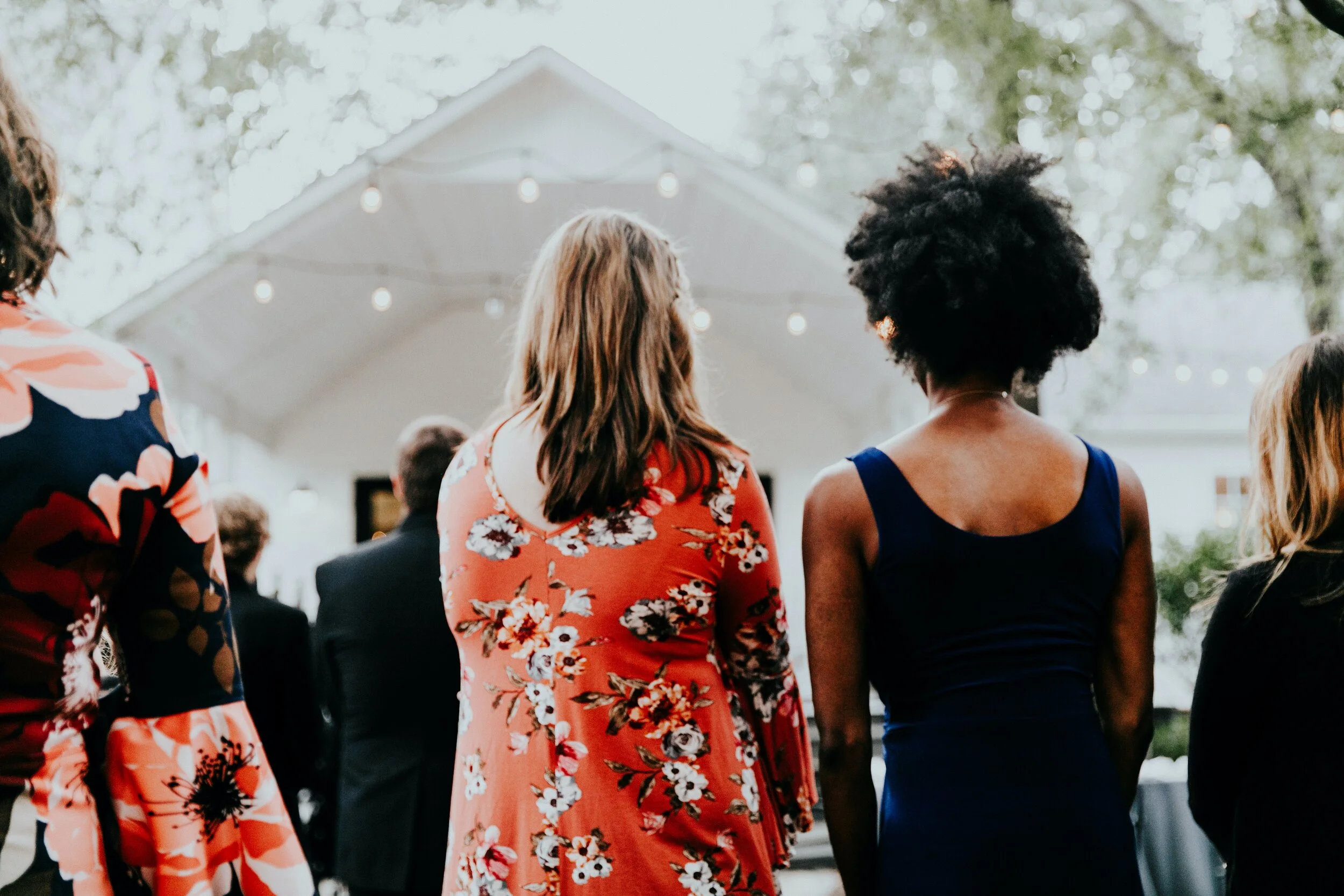

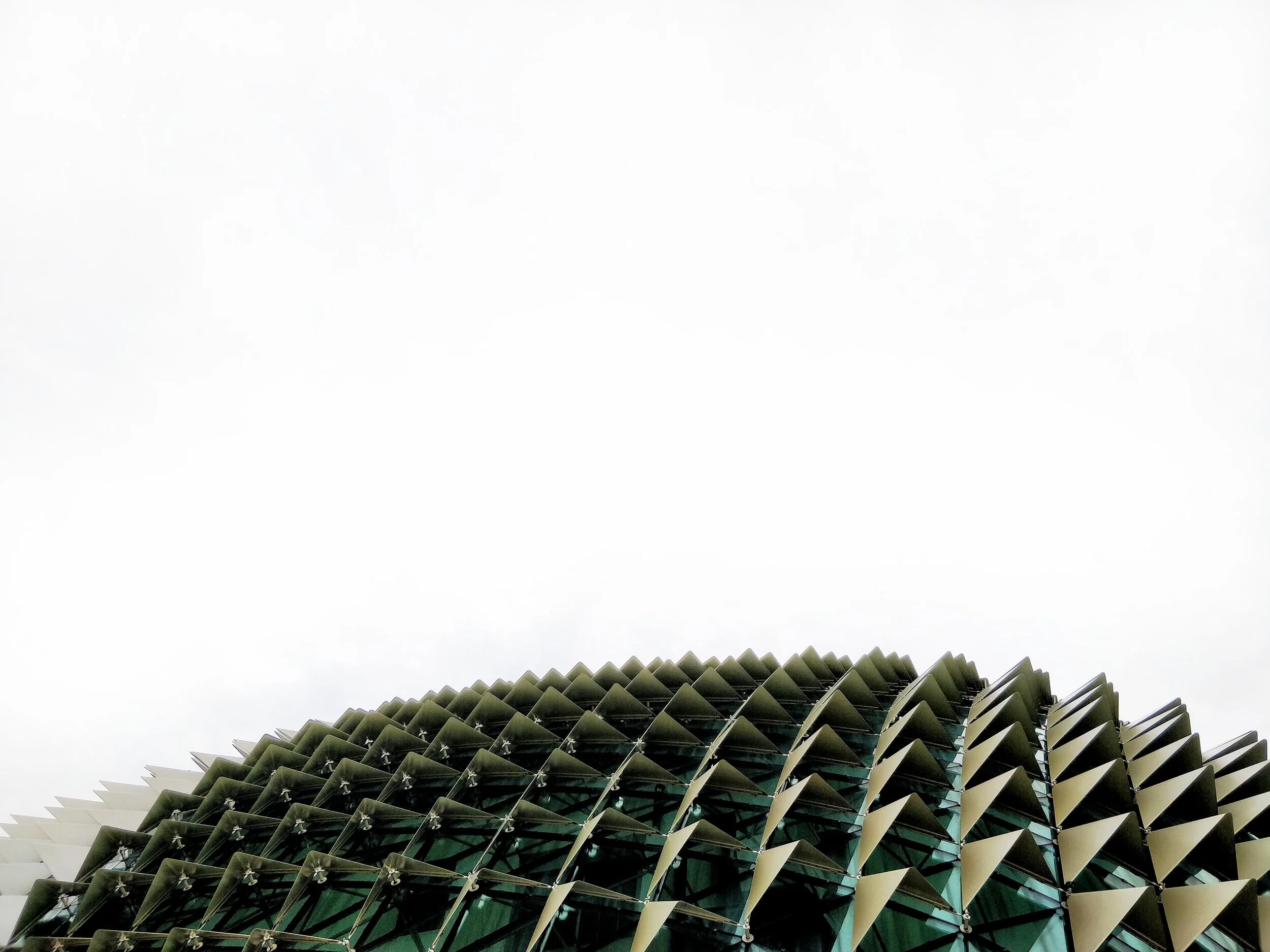


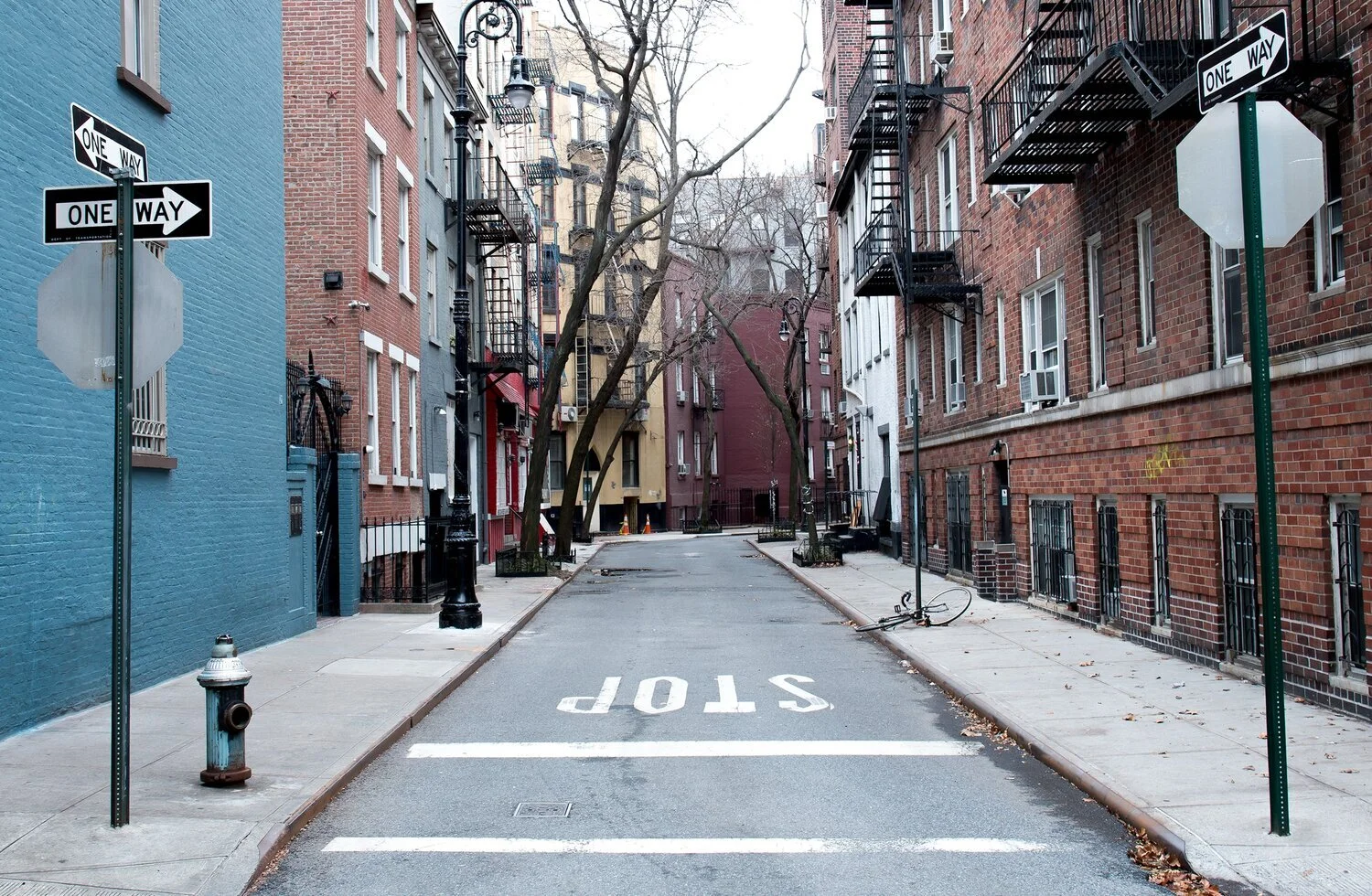
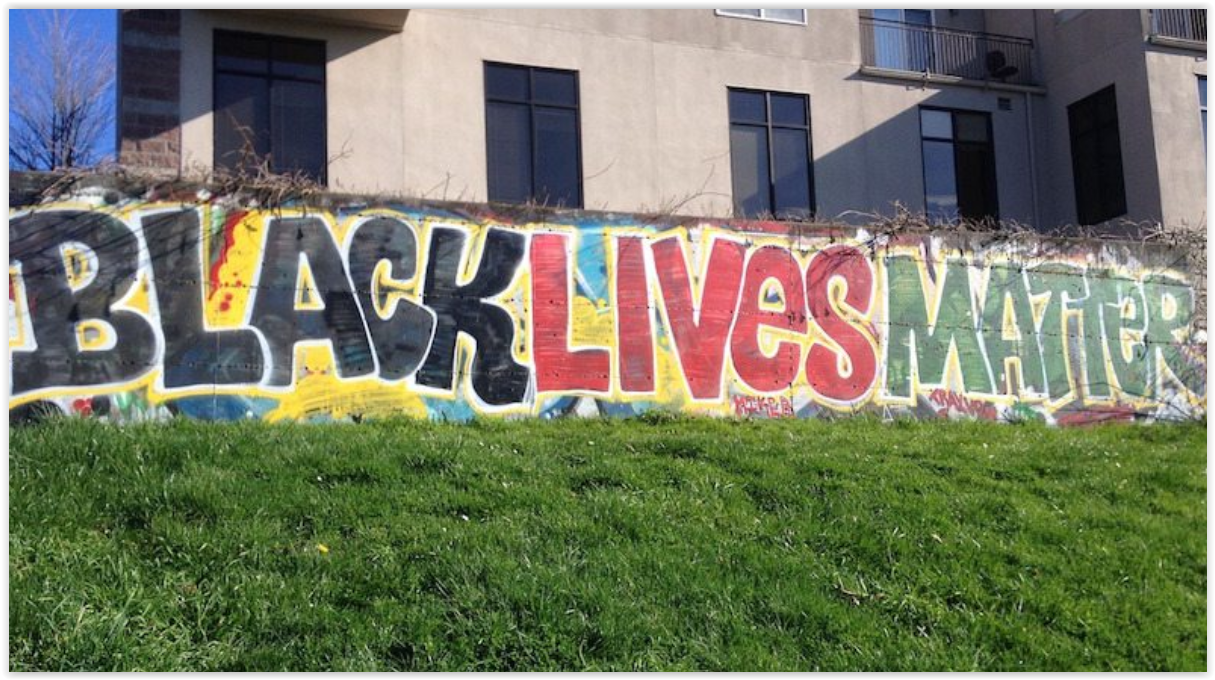


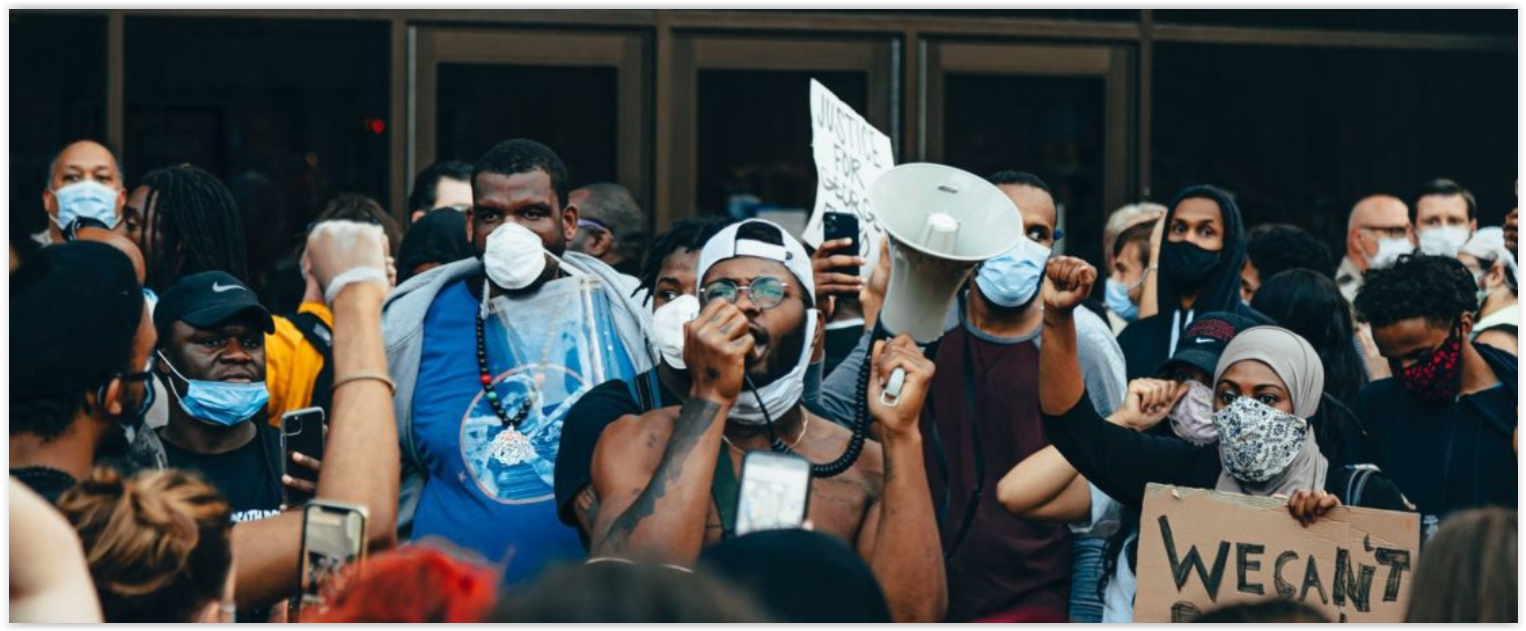


As entrepreneurs, believers and leaders, may we use the opportunity to showcase the delight instead of the disability as we create a world that embraces people of all abilities, one moment, one interaction at a time.